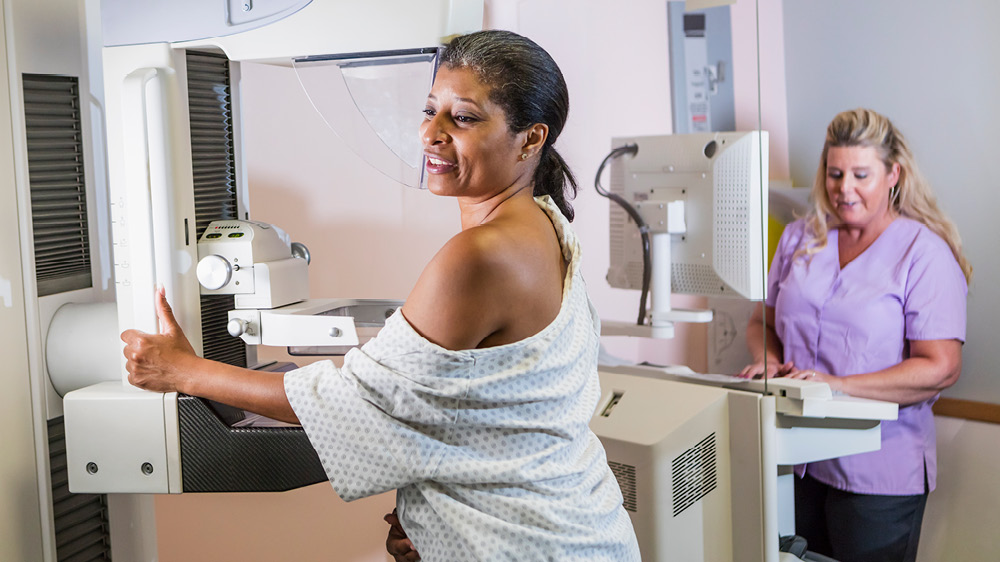What Black women should know about breast cancer disparities
September 26, 2023Categories: Cancer Care, Women's Health
In the U.S., breast cancer remains the second most common type of cancer. While there have been advancements and improvements in cancer treatment, there is still an equity gap between Black women and white women.
What health disparities impact Black women?
Statistics show there is a gap in breast cancer care for Black women.
- While less likely to develop breast cancer than white women, Black women have a 40% greater chance of dying from the disease.
- Non-Hispanic Black women have a 45% higher risk for invasive breast cancer before the age of 50.
- Black women have a higher prevalence of triple-negative breast cancer, which is associated with BRCA mutation.
Black women face barriers in accessing health care, including screening, testing, treatment and clinical trials.
Bridging the gap in care
In the journey to find solutions to these disparities, there are a few concentrated methods to improve breast cancer outcomes for Black women.
Risk assessments
All Black women should undergo a risk assessment (Gail score) by the age of 30. Knowing your family history may allow for mammogram screening starting at age 40 or before.
For providers to refer you for genetic counseling and testing, they must know your risk level.
Genetic counseling
Genetic counseling gives details about how your genetic conditions may affect you and your family. There is an imbalance in access to a genetic counselor. Genetic counselors receive more referrals for white women than Black women, with rates at 69% and 36% respectively.
The lack of genetic data from non-Hispanic Black women affects the tools health care providers use to assess the risk of breast cancer and hinders participation in clinical trials. Knowing if you have a genetic predisposition to breast cancer can also influence decisions about surgical treatment.
How genetics impact breast cancer
Role of the health care provider
It is essential for health care providers to understand the barriers that exist to treat and care for Black women. Addressing health care barriers requires communication and engagement with Black women community leaders and includes:
- Acknowledging limited access to care.
- Dispelling misinformation.
- Improving trust in medical providers.
- Encouraging genomic recurrence score testing in Black women with estrogen receptor-positive breast cancers.
These measures are just the beginning. The key actions to reduce health disparities and save lives among high-risk Black women are prevention and early detection.

